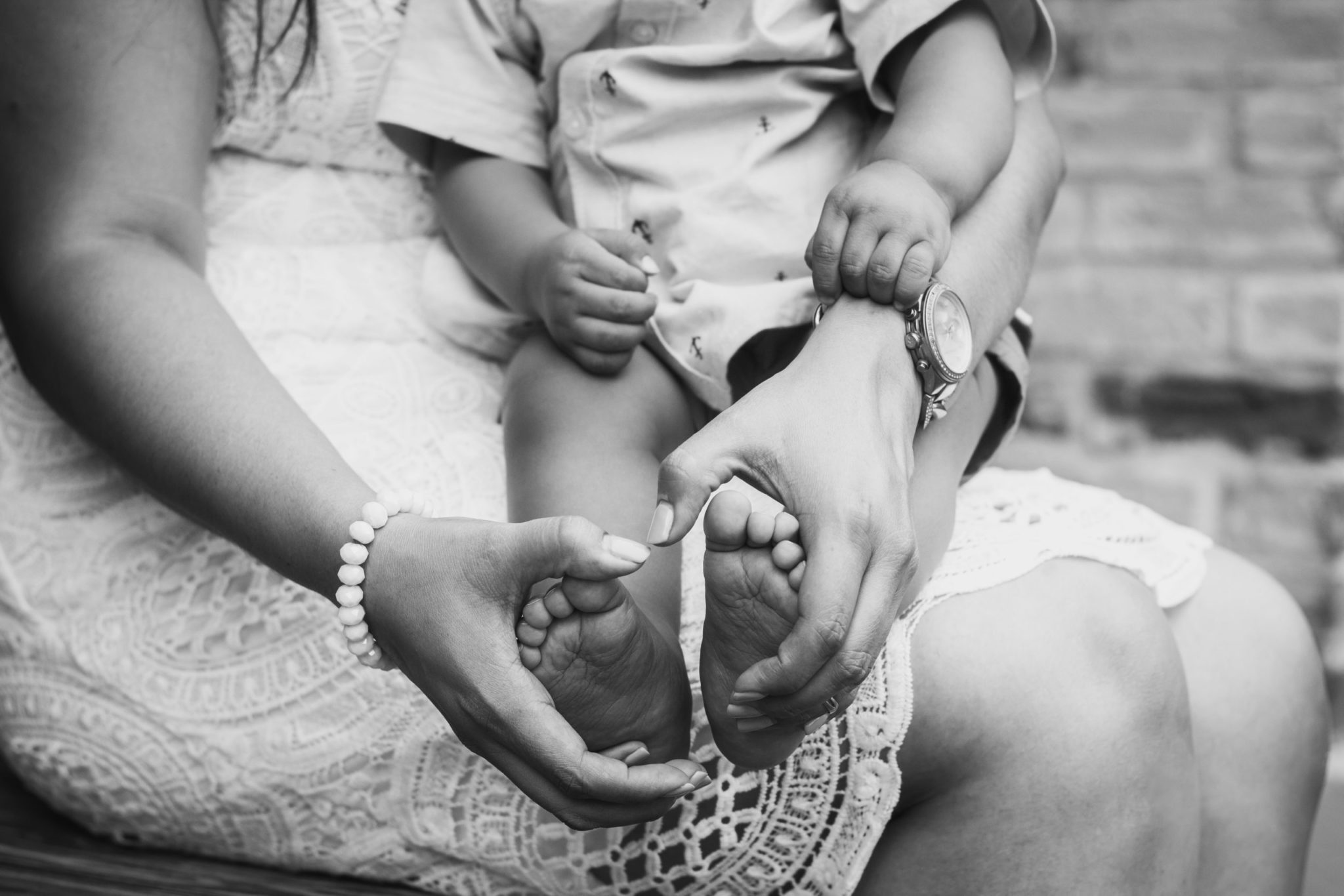Overview
The Black–White racial disparities in maternal and infant health outcomes are among the largest disparities seen in traditional perinatal health measures. Black pregnant and postpartum people have a pregnancy‐related mortality ratio that is three to four times that of their White counterparts, and disparities in severe maternal morbidity are similar. Additionally, the infant mortality rate among Black neonates is more than twice that of White neonates (10.8 vs. 4.6 per 1,000 live births), and the proportion of births that are preterm is more than 50% higher among Blacks than among Whites (14% vs. 9%). The reasons for these disparities are multifactorial, but have been linked to Black individuals having higher prevalence of preexisting chronic disease and less access to primary and prenatal care, as well as to social and structural determinants of health (e.g., poor housing, food insecurity, high‐crime neighborhoods) and to racial discrimination that results in poor patient–provider communication, disrespectful care, delayed medical intervention and lower quality of care. As the United States battles the COVID‐19 pandemic, racial disparities in COVID‐related deaths have risen alarmingly, and mounting data suggest that similar increases are occurring for disparities in birth outcomes.
Providing pregnant individuals with support to mitigate the social and structural factors that are key drivers of COVID‐19–related health inequities may help ameliorate these disparities. For pregnant and birthing people, community‐based doulas are a potential source of such support. Community‐based doulas are a type of health worker who focuses on the care of pregnant people and their infants, and use of their services is associated with improved birth outcomes among low‐income and marginalized racial and ethnic populations. Despite evidence suggesting they can improve maternal and infant health, community‐based doulas have been deemed nonessential workers during the pandemic, and pregnant patients have often had limited access to their services in hospital labor and delivery settings. This lack of access could have serious implications for maternal and infant health outcomes and threatens to worsen the already extensive racial disparities.
In this viewpoint, the authors describe emerging data concerning racial disparities in birth outcomes during the pandemic (and potential mechanisms for those disparities), highlight how use of community‐based doulas can disrupt the pathways leading to racial disparities in COVID‐19–related birth outcomes, and propose strategies for integrating doulas into health care teams and ensuring recognition of their role as essential health care workers through this pandemic and beyond.
Authors: S. Michelle Ogunwole, Wendy L. Bennet, Andrea N. Williams, Kelly M. Bower
Publication Date: January 5, 2021
DOI: https://doi.org/10.1363/psrh.12169
